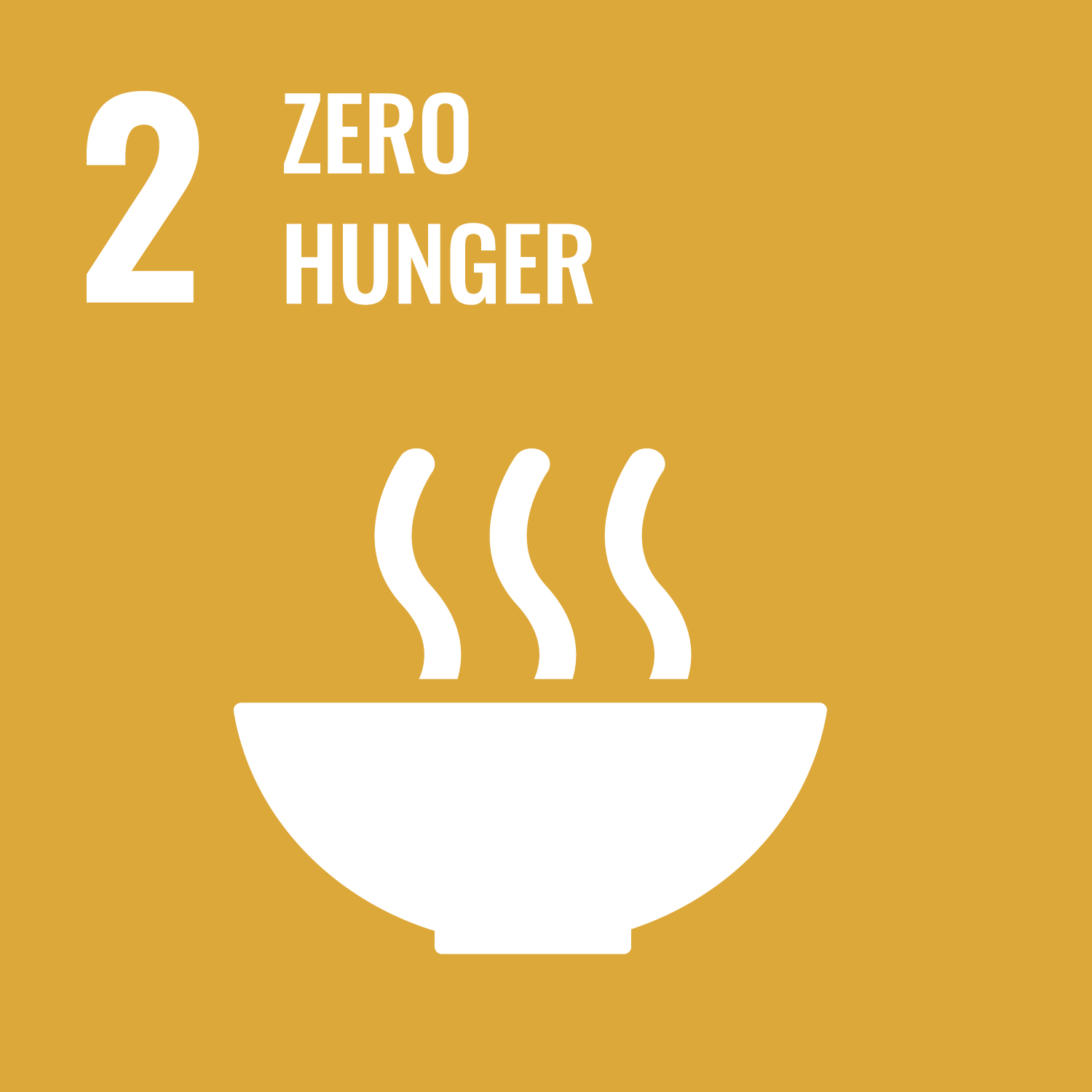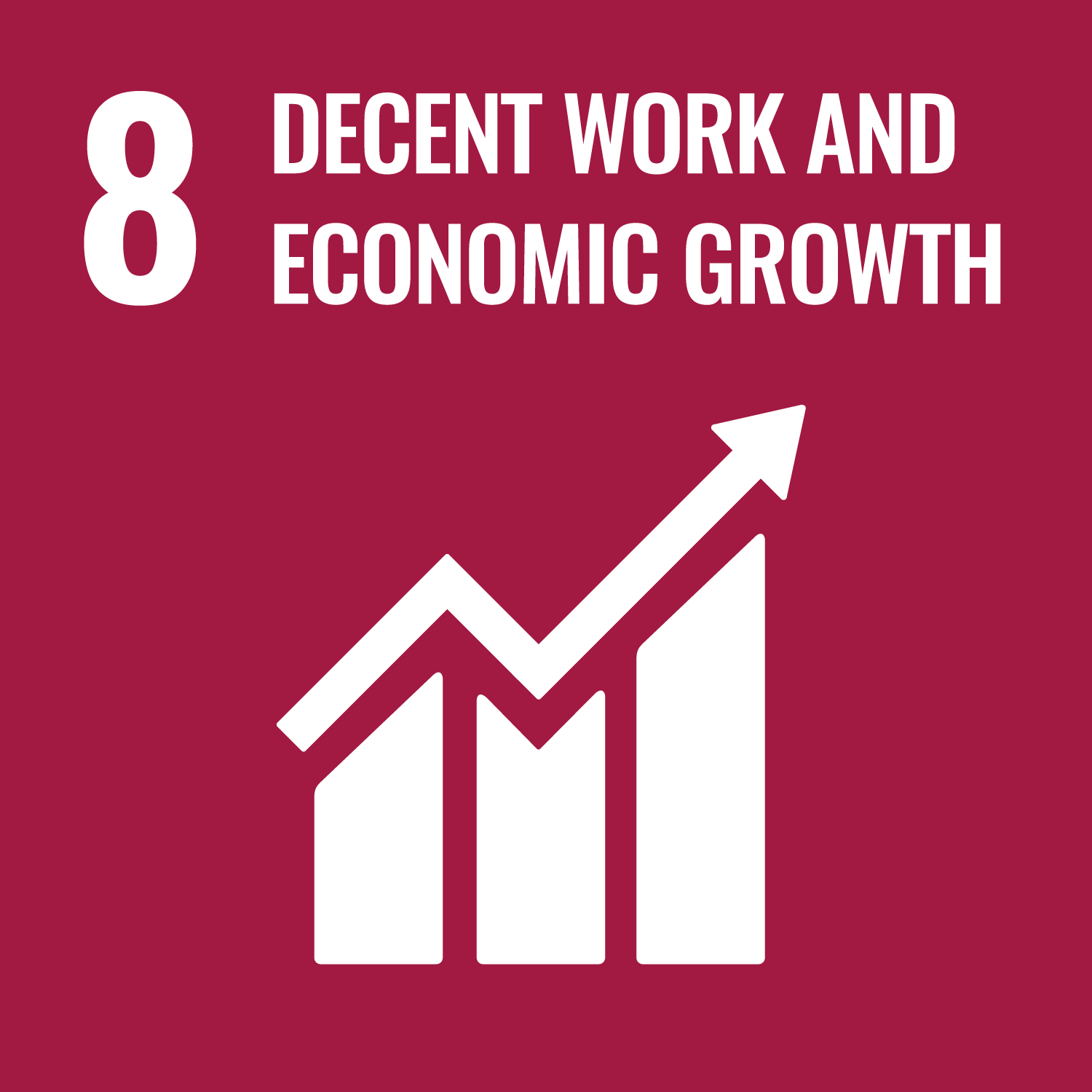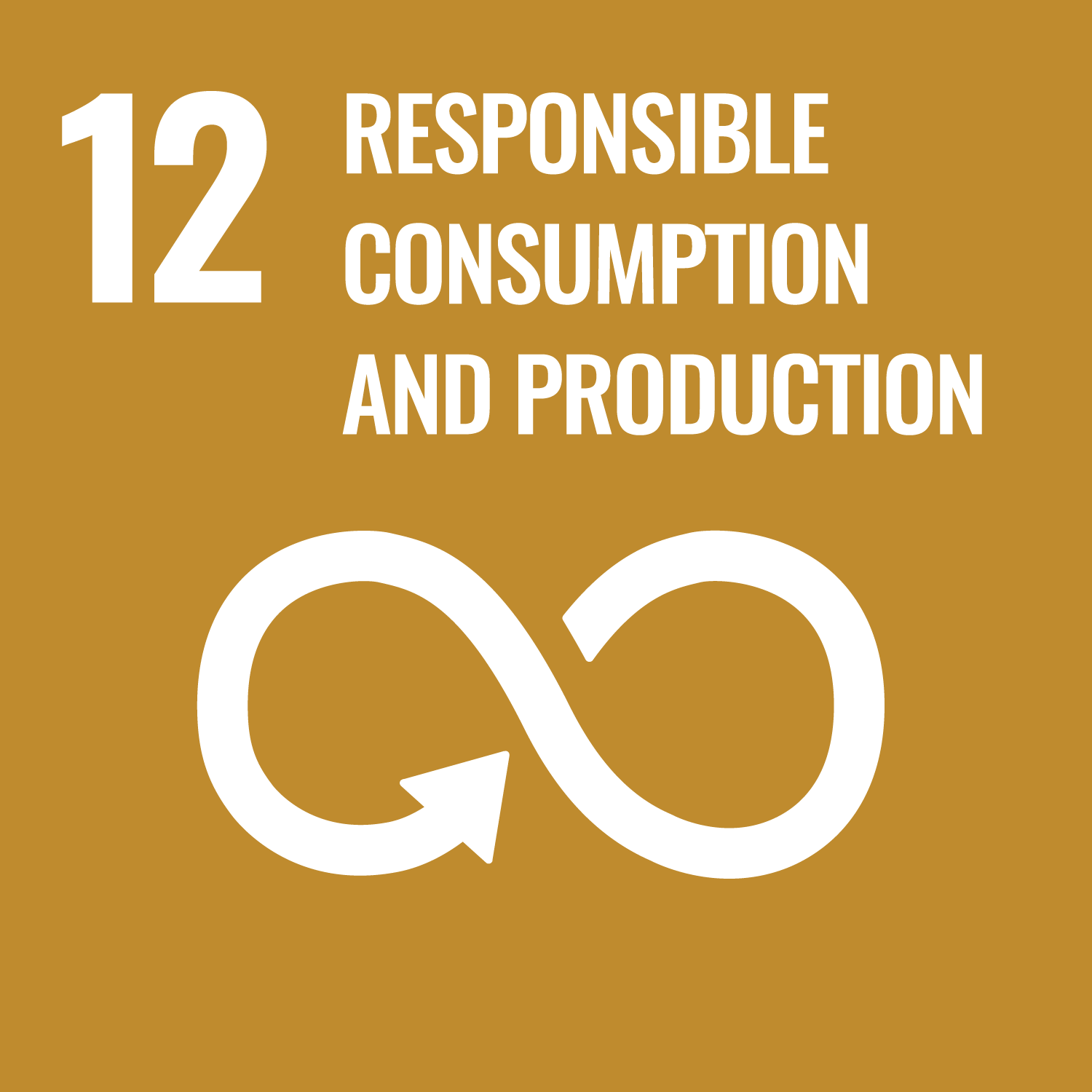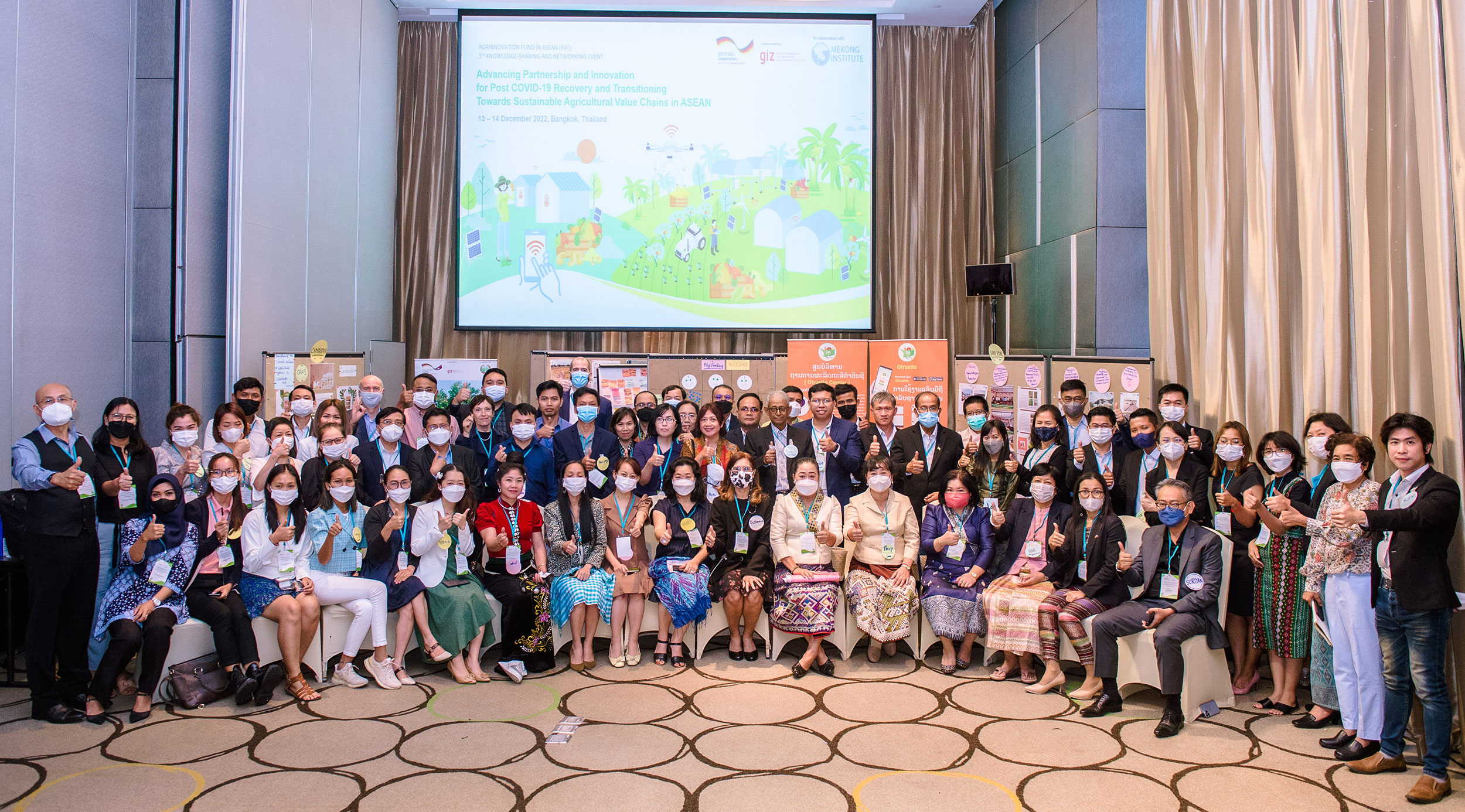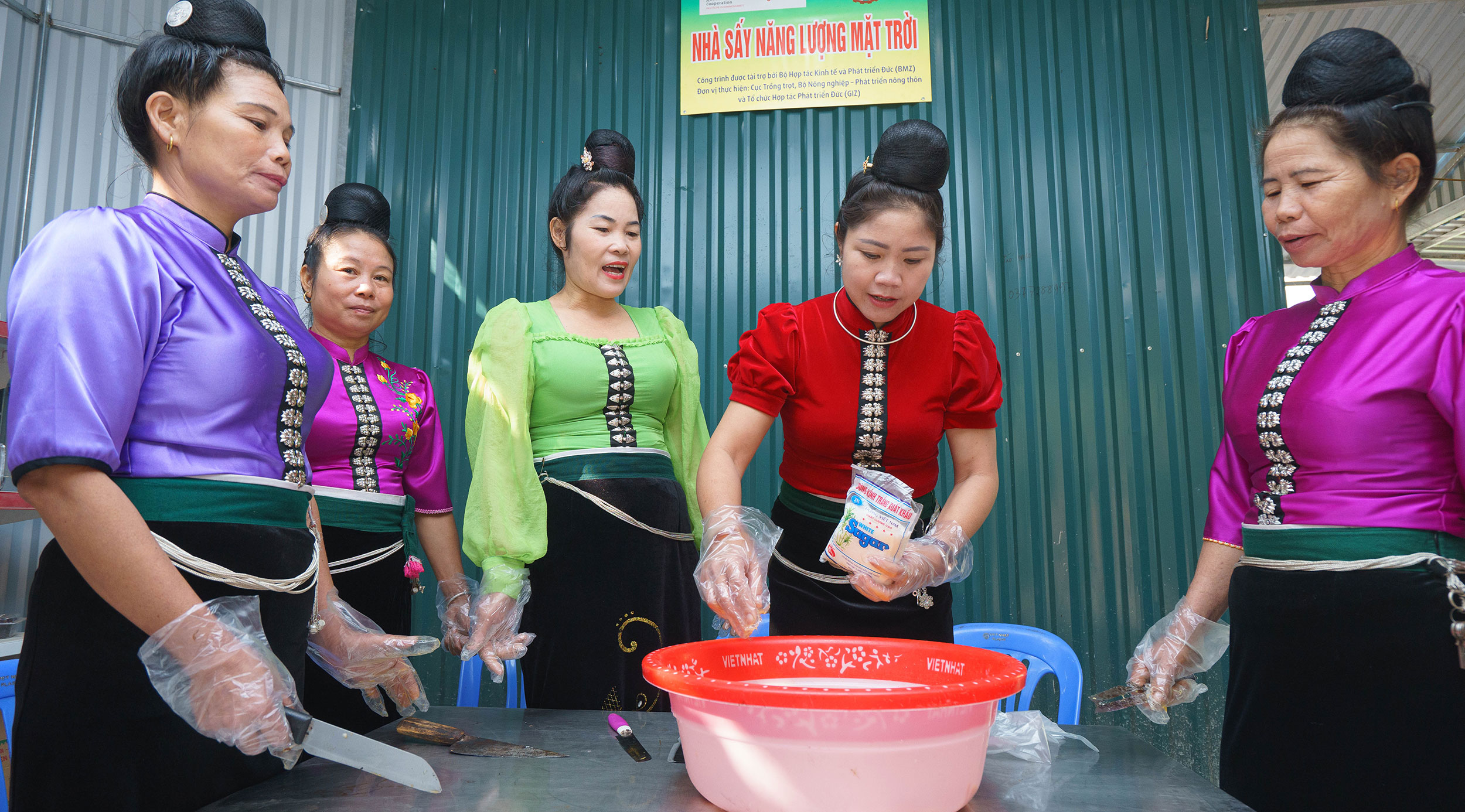Promotion of Sustainable Agricultural Value Chains in ASEAN (ASEAN AgriTrade)
OBJECTIVES
The framework conditions for the implementation of environmental standards in agricultural value chains with a focus on climate-relevant aspects are improving in the ASEAN region.
DESCRIPTION
The free movement of goods and services is one of the main goals of the Association of Southeast Asian Nations (ASEAN). Agriculture is a major source of income for many of its Member States and is important for regional integration. ASEAN aims to improve the quality of agricultural production and cooperation in the region to boost its internal and external trade. It also strives to improve its production of ‘organic foods’ in line with international standards on quality and environmental protection.
These goals require the harmonisation of standards and the implementation of accreditation and certification schemes. Although many ASEAN Member States have already improved their standards, this does not guarantee them access to global markets. Furthermore, the private sector is lagging behind in its application of standards already in place. To counteract this, the project provides assistance in overcoming barriers to cross-border agricultural trade within ASEAN and beyond. It also helps partners to implement quality, safety and environmental standards more effectively in order to improve integration into regional and global value chains.
APPROACH/FIELD OF INTERVENTION
The project promotes environmentally friendly agricultural value chains in ASEAN by:
- Enhancing cooperation between ASEAN bodies and private sector actors.
- Strengthening awareness of the importance of gender in agriculture.
- Improving institutional and technical capacities of ASEAN actors to prioritise and implement effective measures on climate aspects.
- Strengthening knowledge exchange between public and private actors on best practices, including climate-smart practices in the CLMV countries (Cambodia, Laos, Myanmar and Viet Nam).
- Improving knowledge and awareness of the health and environmental benefits, including climate benefits of sustainably produced agricultural products; and
- Raising awareness among policymakers at the national level on benefits and lessons learned on implementing public-private partnerships and cooperation and sustainability standards, including climate-smart agriculture practices.
TARGETED BENEFICIARIES
Actors along the agricultural value chains in ASEAN within the scope of the project, members of the ASEAN Sectoral Working Group on Crops (ASWGC), and other relevant public, private and civil society actors in the AMS, particularly in CLMV countries.
HIGHLIGHT ACTIVITIES
- Gender mainstreaming. Recommendations were made to integrate gender aspects into the Strategic Plan of Action for ASEAN Cooperation on Crops (SPA-Crops) and project activities.
- Support for ASEAN through the Food, Agriculture, and Forestry (FAF) Division of the ASEAN Secretariat. Guidelines and knowledge products on the issue of adaptation and mitigation of the FAF sector have been endorsed by the ASEAN Technical Working Group on. Agricultural Research and Development. (ATWGARD) in 2022.
- General assessment on ASEAN standards. The implementation status of the ASEAN Good Agricultural Practices (GAP) and ASEAN Standards for Organic Agriculture (ASOA) in 10 AMS was assessed and recommendations to improve the implementation of these standards were made.
- Agrinnovation Fund in ASEAN (AIF). The AIF aims to foster innovation in agricultural value chains. The AIF has onboarded 29* development partnerships with the private sector, involving some 2,300 farmers, to enhance production and improve safety, quality, and sustainability.
Six are supported under the Climate Resilience of Agricultural Systems in Cambodia and Viet Nam (CRAS) project.
- Support for the regional exchange platform on climate topics. The project facilitates support for the ASEAN Climate Resilience Network (ASEAN-CRN) and the ASEAN Negotiating Group for Agriculture (ANGA) so that it can continue representing ASEAN positions on agriculture in the context of the United Nations Framework Convention on Climate Change (UNFCCC).
- E-learning course on climate change negotiation. The course provides a basic understanding of climate change negotiations in the scope of the UNFCCC for agricultural stakeholders. Link to the course: https://t1p.de/uhfb8
PUBLICATIONS
- Factsheet: Promotion of Sustainable Agricultural Value Chains in ASEAN (ASEAN AgriTrade)
- Consumer Education and Awareness Campaigns on Food Safety Standards in Cambodia, Lao PDR, Myanmar and Viet Nam, 2021
SUCCESS STORIES
Women’s group and cooperative advances towards sustainable agricultural practices.
The Na Nga Cooperative is one of the 29 partners of the Agrinnovation Fund in ASEAN (AIF). The core objective of the Na Nga Cooperative is to increase livelihood of Thai minority women in the Chieng Hac community in Viet Nam. In collaboration with community members and with technical guidance from their partners, the Na Nga Cooperative has successfully launched two primary products: soft-dried bananas and mangos. With the introduction of the Solar Dryer Dome, the cooperative seeks to improve the sustainability of mango and banana processing at the cooperative level, reduce post-harvest losses, and increase farmers’ income.
“I am in charge of supervising the activities of the Na Nga cooperative and its members. As everyone else, I also work in the processing of agricultural products at the solar drying dome. I earn around five million VND per month. Some of this money is used to support women in difficult conditions, and the rest is for savings. I encourage other women to join the cooperative to change their lives -just like me”.
Ms Ha Thi Hoa, Supervisor of Na Nga Cooperative
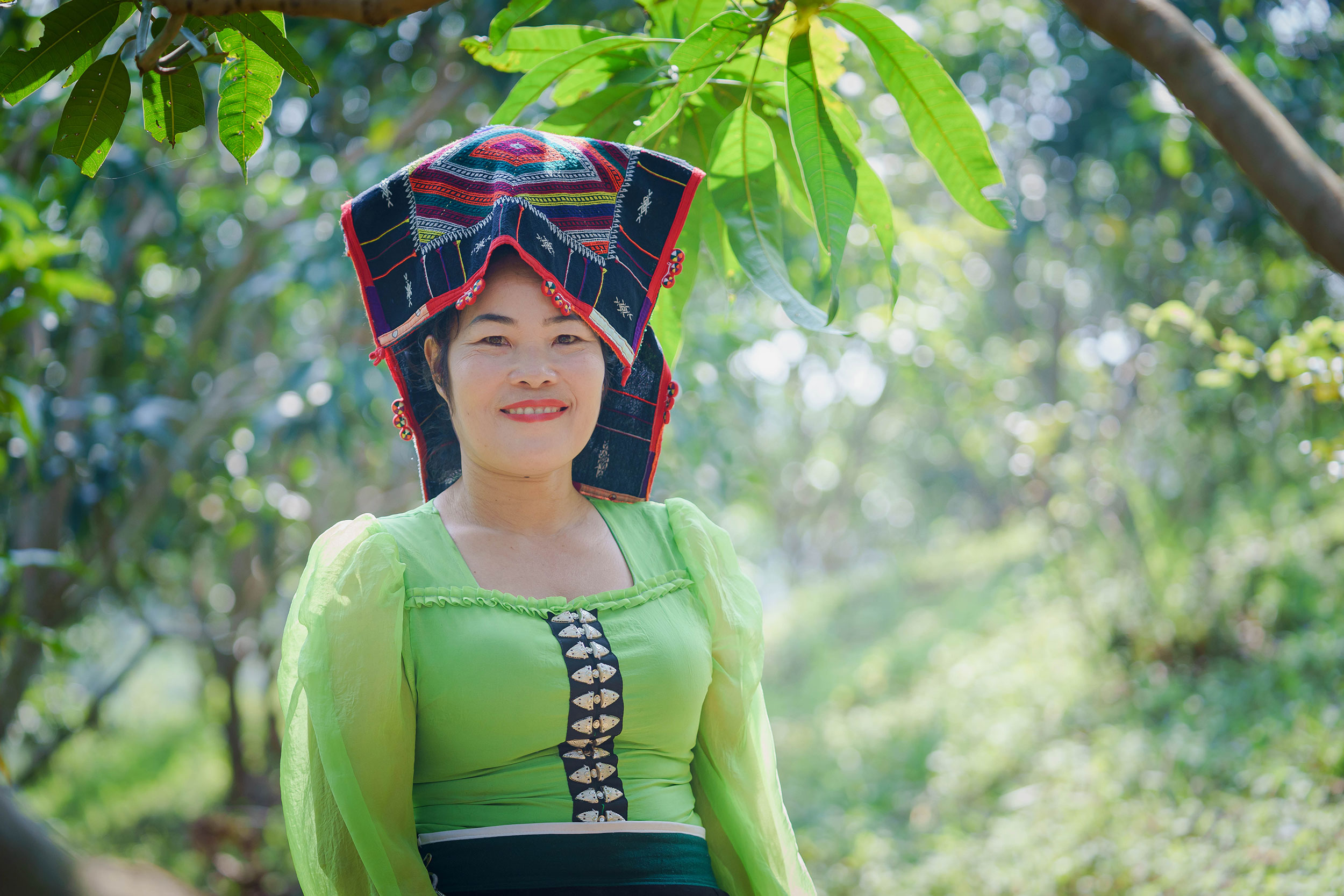
Policy frameworks for promoting sustainable agriculture and forestry in ASEAN
Agriculture and forestry are central to ASEAN’s economic progress and expansion. Sustainable practices and conservation efforts in these sectors are one of the keys to the region’s continued success. ASEAN and its Member States have rolled out numerous initiatives to foster sustainable practices in agriculture and forestry throughout the region. In collaboration with various stakeholders, the ASEAN Secretariat and its Member States have formulated regional policies as a reference for Member States to enhance sustainability in these sectors, with technical assistance from the AgriTrade project with funding from BMZ. the documents endorsed during the 44th ASEAN Ministers on Agriculture and Forestry (AMAF) meeting on October 2022.
Download the documents:
- ASEAN Regional Guidelines for Sustainable Agriculture in ASEAN, https://bit.ly/41E5ljs.
- ASEAN Regional Guidelines for Promoting Climate-Smart Agriculture (CSA) Practices Volume 3, https://bit.ly/3M3wCpC.
- Study on Nature-based Solutions (NbS) in ASEAN, https://bit.ly/452Zdnw
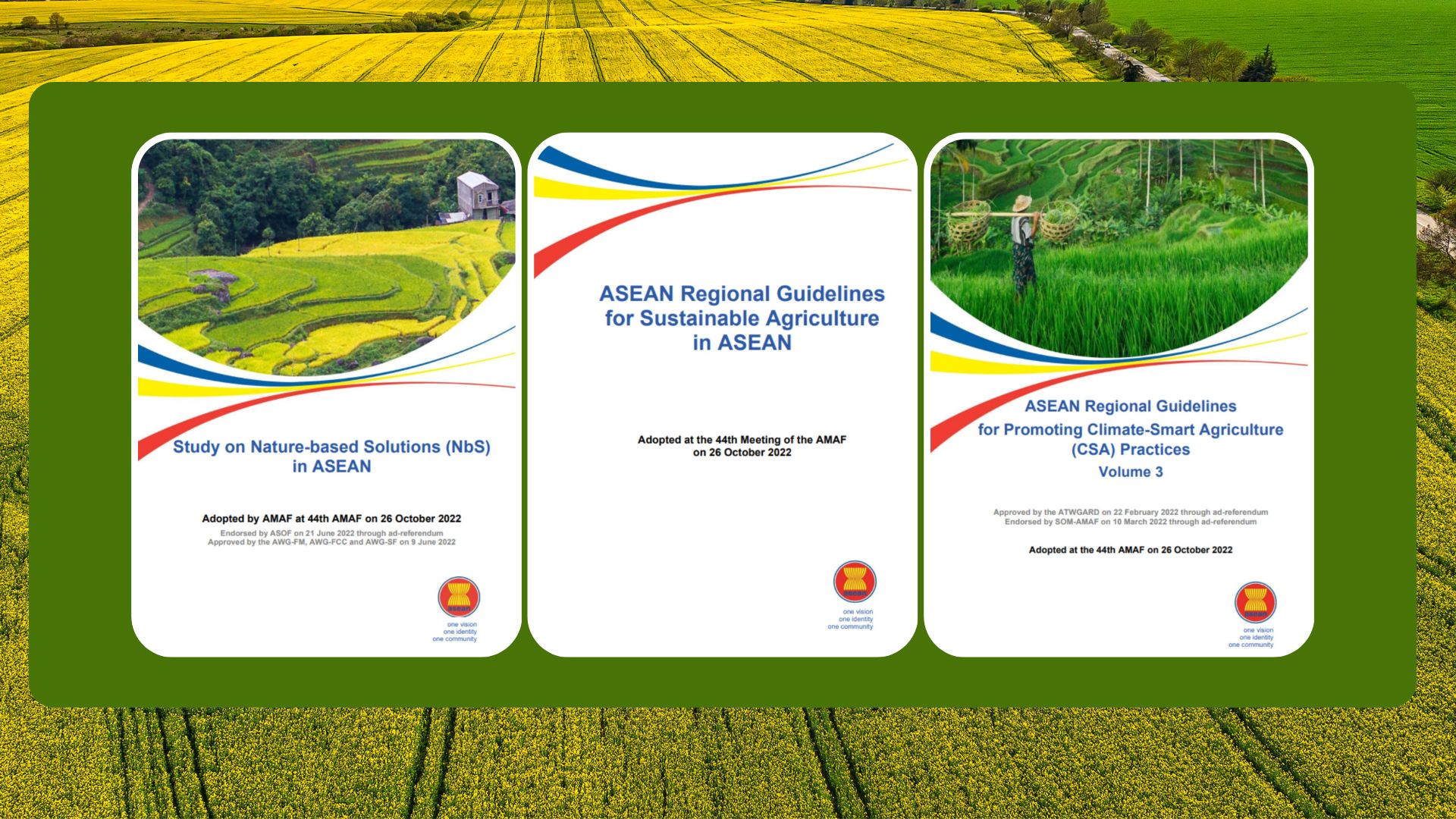
COUNTRY
Viet Nam , Myanmar , Laos , Cambodia
DURATION
2018 - 2023
Commission Agency
BMZ
SDG
